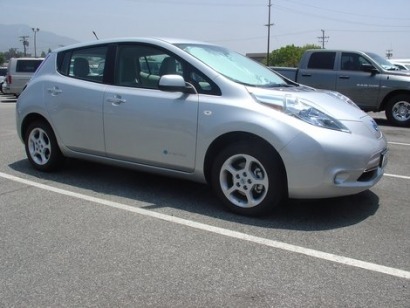
The announcement was made at the Advanced Automotive Battery Conference in Atlanta. The agreement will see both companies collaborate on the further development of Phinergy’s EV battery project involving new materials, processes and components to commercialize the aluminium-air battery, which can extend electric vehicle range by 1,000 miles.
“Alcoa’s extensive technical materials expertise, along with our deep roots in bringing new products to market in the automotive industry, were of great interest to Phinergy as its revolutionary aluminium-air battery moves from research to commercialization” said Dr. Raymond Kilmer, Alcoa’s Executive Vice President and Chief Technology Officer. “Automotive manufacturers are looking for technologies that enable zero-emission cars to travel the same kinds of distances as gasoline-powered cars. The aluminium-air range extender has the potential to meet that challenge.”
Aviv Tzidon, CEO of Phinergy, added that EV adoption has been slowed by the limited range of regular batteries and that the collaboration between the two companies will help to move EV’s into the mainstream.
The Phinergy aluminium-air battery uses air and water to unleash energy stored in aluminium. According to Phinergy, just one of the 50 aluminium plates in the battery can power a car for around 20 miles, thereby extending vehicle range by around 1,000 miles. The technology allows an energy density that surpasses conventional battery technologies and creates electric vehicles with travel distances, purchase prices and life-cycle costs that are comparable to fossil-fuel cars.
In addition to EV’s, the battery technology will be able to assist stationary energy applications such as commercial emergency generators for hospitals and data centres, general purpose generators, and defense applications such as mobile housing and unmanned vehicles. It can also be used for first responders due to its infinite shelf life and high energy density.
For additional information:

